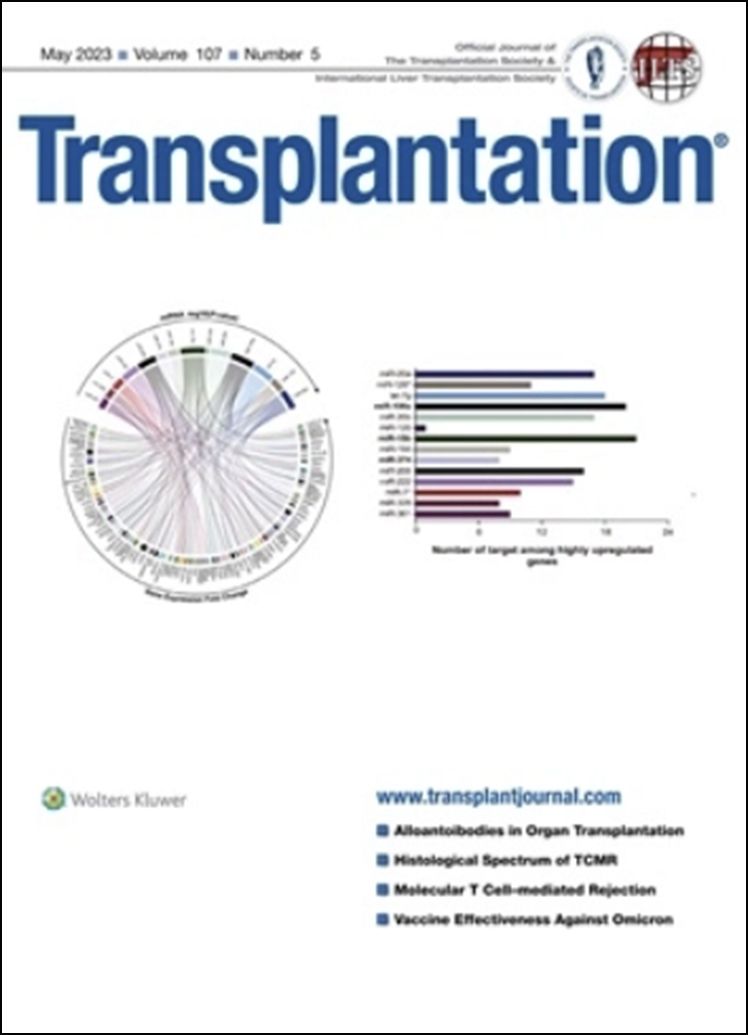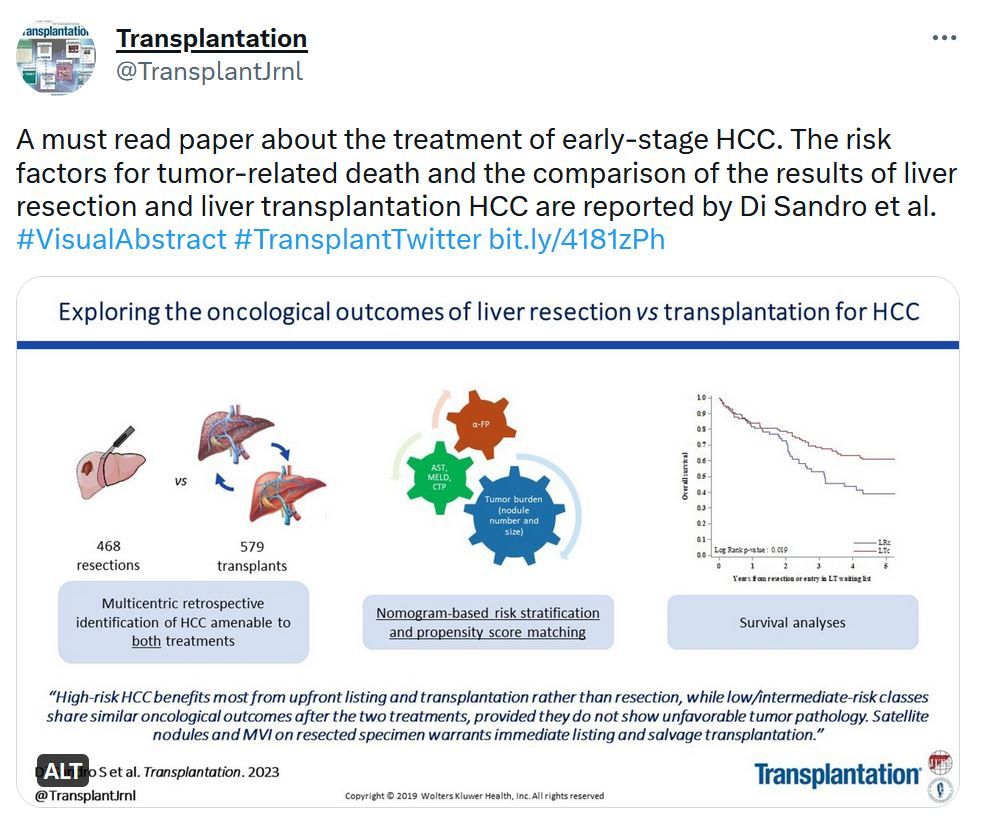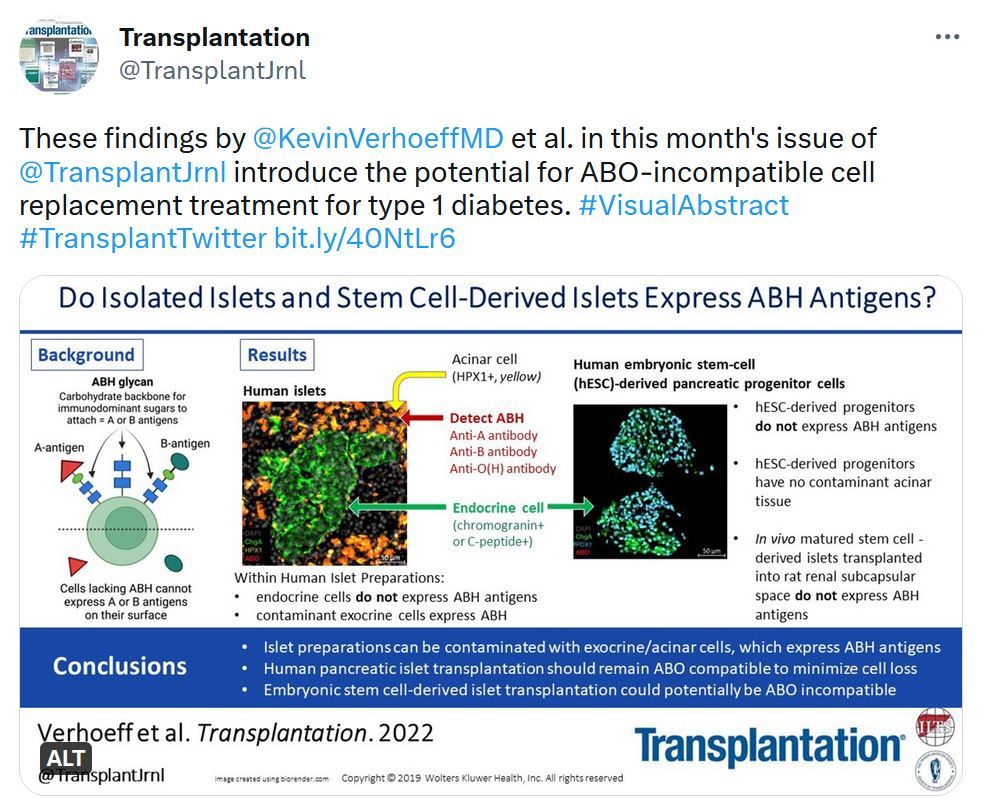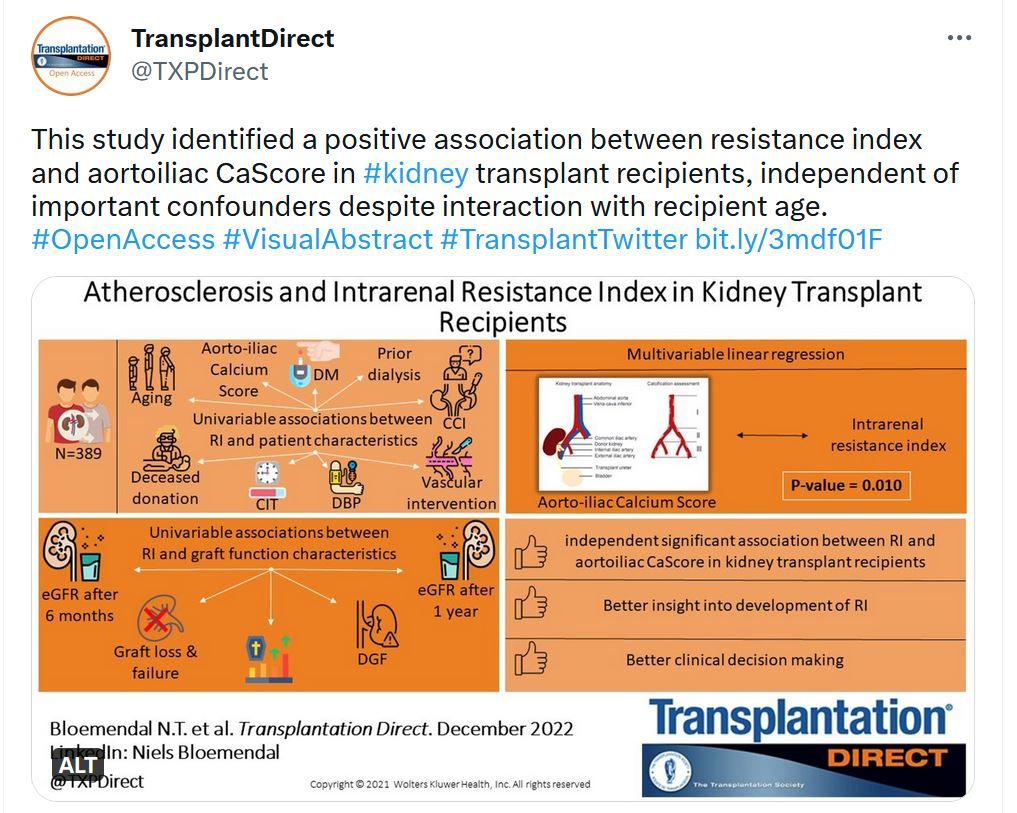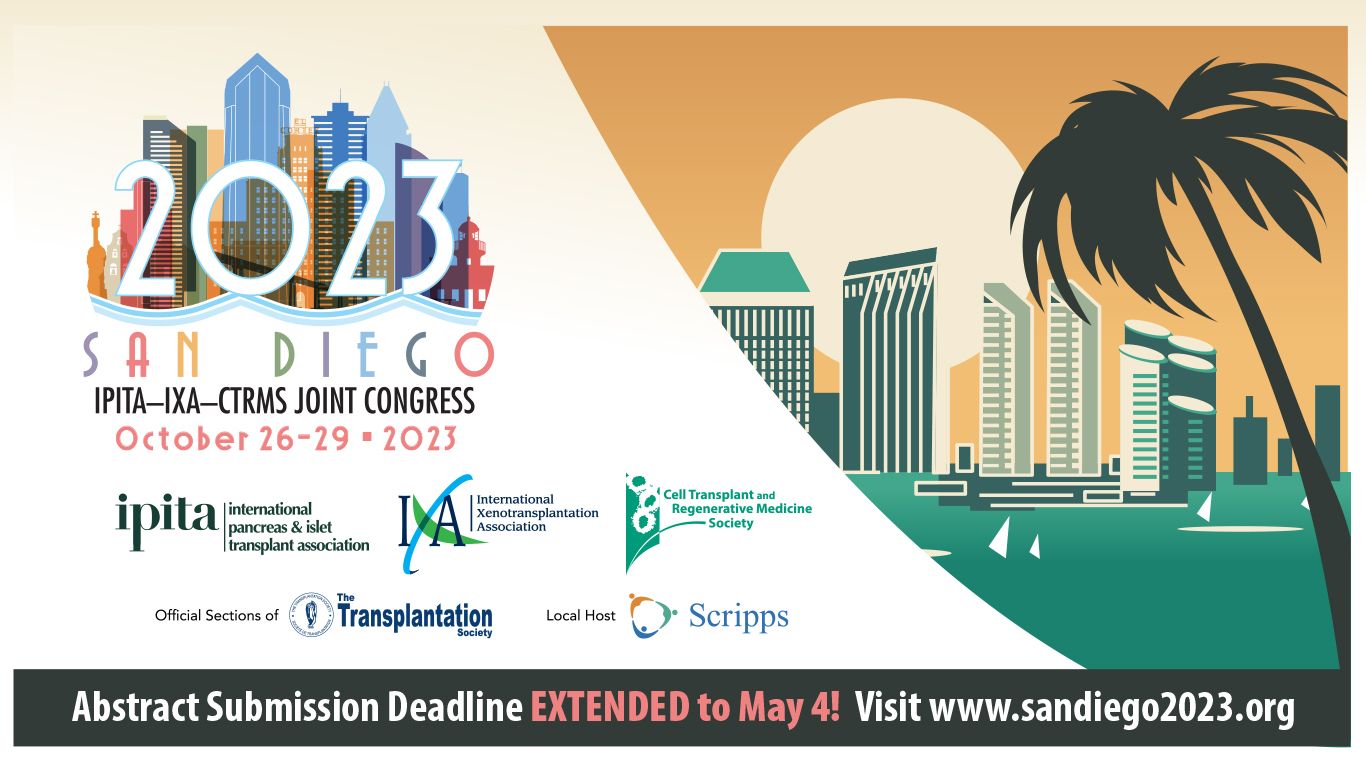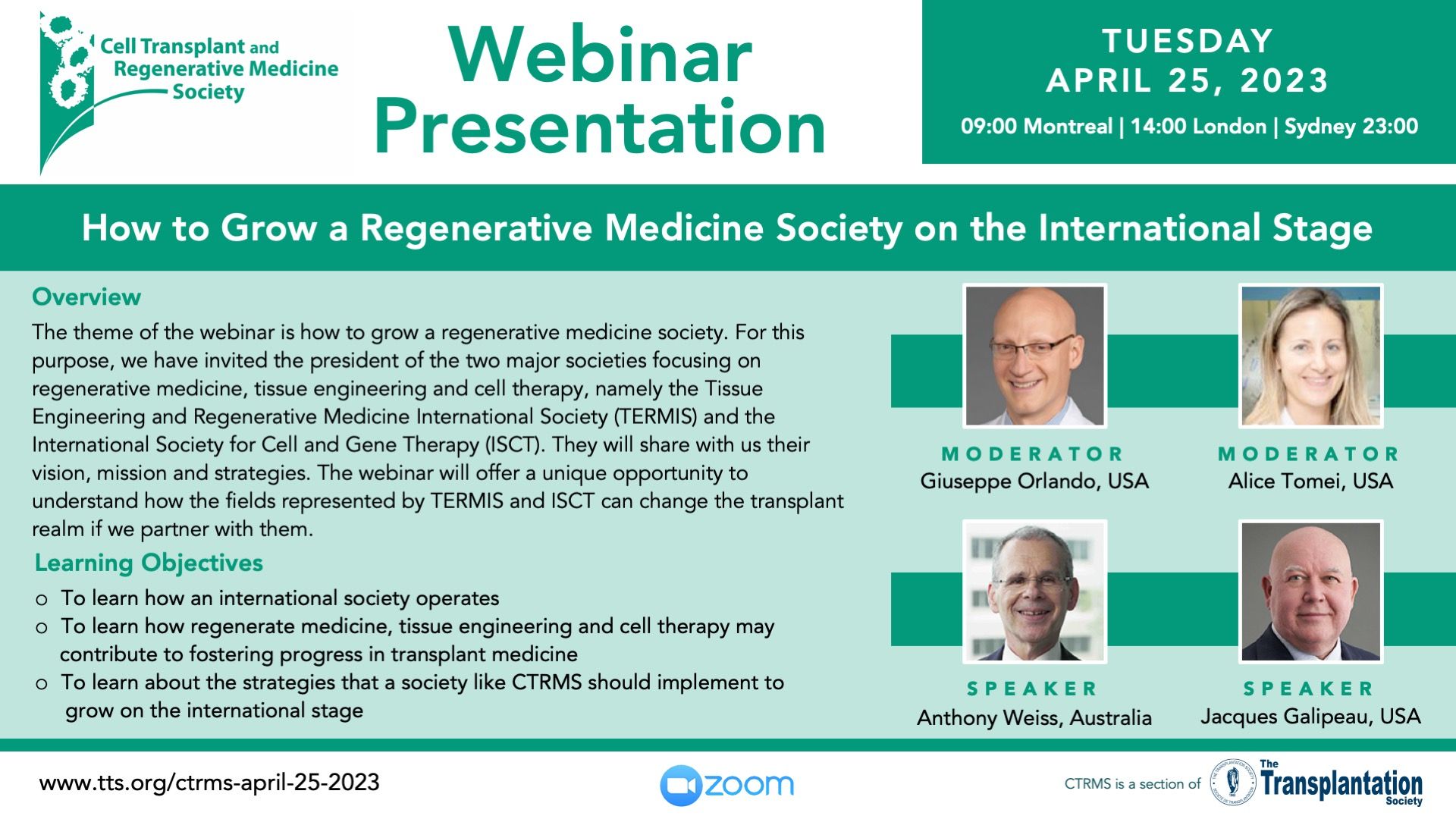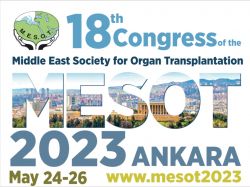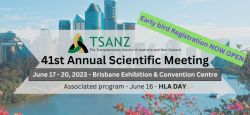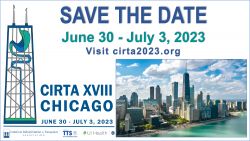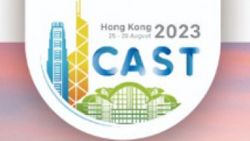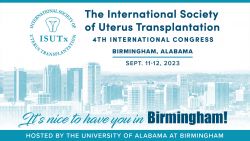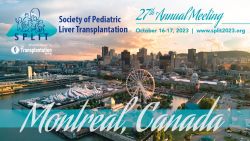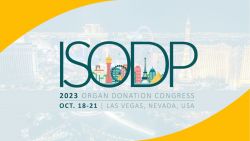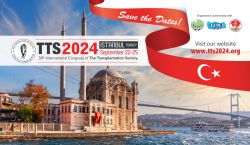
Transplantation Updates

Just Released - Transplantation - May 2023 Issue
In this issue you will find all that is new and important about both antibody and T cell mediated rejection of the kidney: two great reviews and several important studies at both histological and molecular levels. Additional papers on experimental data for Il-21 and Il-33, as well as a careful look at microRNA and a novel assay to identify sensation, complement the broad update that this issue of the journal provides. Perfusion systems continue to evolve and there are useful data on COVID vaccine effectiveness tat make clear the value of vaccination for Omicron. There are many more fascinating papers that you cannot afford to miss.
Table of Contents
Around the World
Research Highlights
Game Changer
Expert Insight
Commentaries
- Metabolomic Analysis, Perfusate Composition, and Pseudo-physiology of the Isolated Liver During Ex Situ Normothermic Machine Perfusion
- Removing Barriers and Mitigating Risk: The Case for Crossing Donor-specific Antibodies in Lung Transplantation With the Use of Perioperative Desensitization
- IL–21-producing Alloreactive T Cells Expand in Parallel to Donor-specific Antibodies
- Prevention of Posttransplant Diabetes: A Complex Problem Without a Simple Solution
- Fixed but Feasible: New Opportunities for Molecular Diagnostics in Transplantation
- Cutting the Ice in Donor Heart Preservation
Reviews
- On a Long and Winding Road: Alloantibodies in Organ Transplantation
- The Histological Spectrum and Clinical Significance of T Cell–mediated Rejection of Kidney Allografts
- Kidney Transplantation in Patients With Monoclonal Gammopathy of Renal Significance
- The Reparative Roles of IL-33
Original Basic Science
- Estimation of Sensitization Status in Renal Transplant Recipients by Assessing Indirect Pathway CD4+ T Cell Response to Donor Cell-pulsed Dendritic Cell
- Modulation of Monocyte Response by MicroRNA-15b/106a/374a During Antibody-mediated Rejection in Kidney Transplantation
- Relating Molecular T Cell–mediated Rejection Activity in Kidney Transplant Biopsies to Time and to Histologic Tubulitis and Atrophy-fibrosis
Original Clinical Science—Liver
- Biliary Complications After Liver Transplantation in the United States: Changing Trends and Economic Implications
- Metabolomics Differences of the Donor Livers Between In Situ and Ex Situ Conditions During Ischemia-free Liver Transplantation
- Examining the Role for Donor-specific Antibody Testing in Simultaneous Liver-kidney Transplantation: A Single-center Analysis of Outcomes
Original Clinical Science—General
- Vaccine Effectiveness Against the SARS-CoV-2 B.1.1.529 Omicron Variant in Solid Organ and Islet Transplant Recipients in England: A National Retrospective Cohort Study
- Kidney Transplant and Dialysis Patients Remain at Increased Risk for Succumbing to COVID-19
- Immune Response to COVID-19 mRNA Vaccination in Previous Nonresponder Kidney Transplant Recipients After Short-term Withdrawal of Mycophenolic Acid 1 and 3 Months After an Additional Vaccine Dose
- Outcomes of Heart Transplantation Using a Temperature-controlled Hypothermic Storage System
- Is Exclusion of Coronary Artery Disease in the Kidney Allocation System Preventing Optimal Longevity Matching?
- Safety of Crossing Donor-specific Antibodies in Lung Transplantation
- Sitagliptin Versus Placebo to Reduce the Incidence and Severity of Posttransplant Diabetes Mellitus After Kidney Transplantation—A Single-center, Randomized, Double-blind Controlled Trial
- Utility of Banff Human Organ Transplant Gene Panel in Human Kidney Transplant Biopsies
- Nirmatrelvir/ritonavir Use With Tacrolimus in Lung Transplant Recipients: A Single-center Case Series
- Kidney-transplanted Adolescents—Nonadherence and Graft Outcomes During the Transition Phase: A Nationwide Analysis, 2000–2020
Letter to the Editor
- Expanding Heart Donor Pool With a Broken Heart: Cardiac Transplant From Donor Following Circulatory Death With Takotsubo Syndrome
- First Report of Immunoglobulin G4–related Hepatic Inflammatory Pseudotumor in Transplanted Liver
- Access to the Kidney Transplant Waitlist for People With HIV
- Pretransplant C-peptide Levels and Pancreas Transplant Outcomes: Risk and Reward
Transplantation - Highlighted Tweets
Transplantation Direct - Highlighted Tweet
Submit Your Abstract for the IPITA-IXA-CTRMS 2023 Joint Congress!
Latest Recordings
The IPTA 2023 Congress recordings are now available
for IPTA or TTS Members and Congress attendees!
Contact
Address
The Transplantation Society
International Headquarters
740 Notre-Dame Ouest
Suite 1245
Montréal, QC, H3C 3X6
Canada
Используйте Вавада казино для игры с бонусом — активируйте промокод и начните выигрывать уже сегодня!

